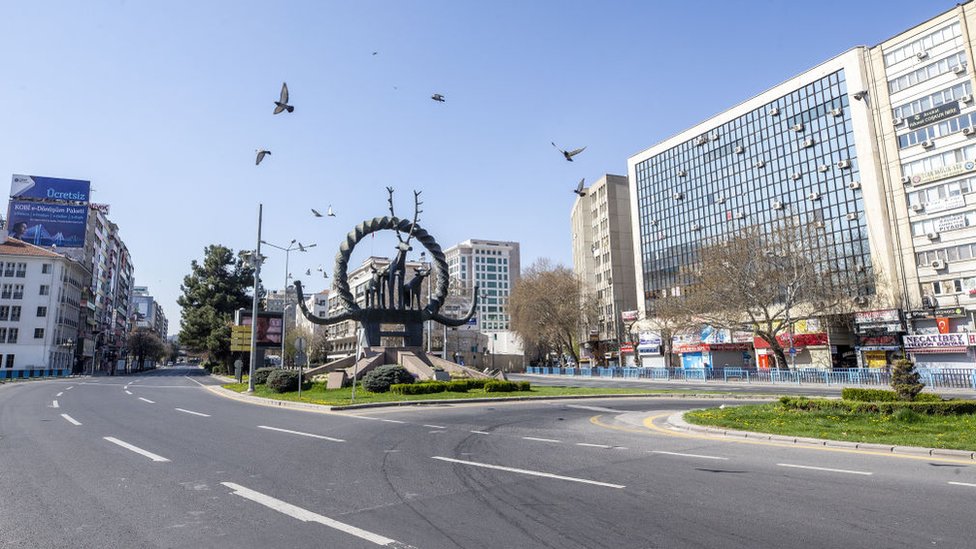
Turkey’s economic growth in the second quarter of 2024 slowed to 2.5%, a figure lower than many analysts had anticipated. This deceleration reflects ongoing challenges within the country’s economy, including lingering impacts from past economic policies and external shocks.
The growth was primarily driven by the services sector, which saw a robust increase of 7.4%, while other sectors like construction, real estate, and public administration also contributed positively. However, the industrial sector experienced a contraction of 1.8%, signaling underlying weaknesses. Additionally, while exports increased slightly, the reduction in imports suggests a potential weakening of domestic demand.
One of the significant factors influencing Turkey’s economic performance has been the aftermath of the catastrophic earthquakes earlier in 2023. These disasters inflicted substantial damage, estimated at around $34.2 billion, with total reconstruction costs potentially reaching twice that amount. This has placed a strain on the economy, leading to expectations of slower growth for the rest of the year.
Despite these challenges, there were some positive indicators. The Turkish government’s final consumption expenditure and gross fixed capital formation showed modest growth, and the compensation of employees surged by 112.4%. Nonetheless, the overall economic outlook remains cautious, with analysts predicting continued economic headwinds in the near term.
The slowdown underscores the complex environment Turkey’s economy faces, with both domestic and international factors influencing its trajectory.





